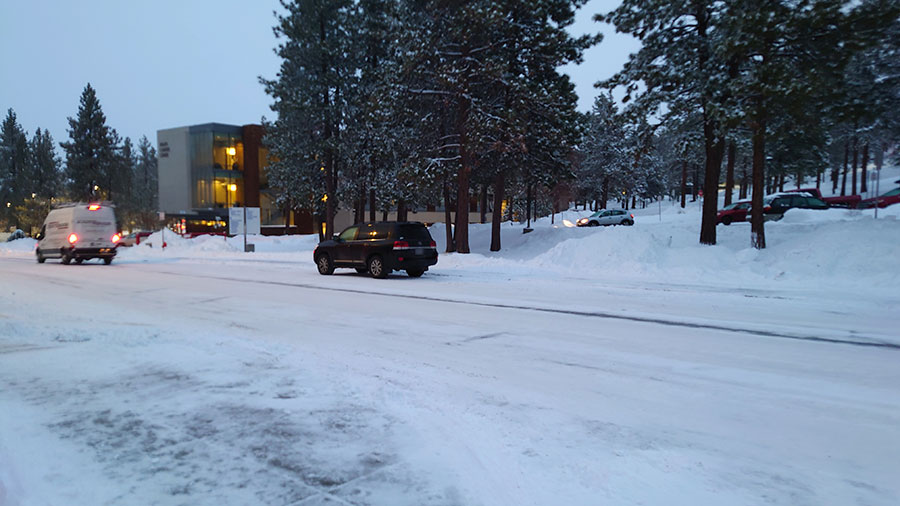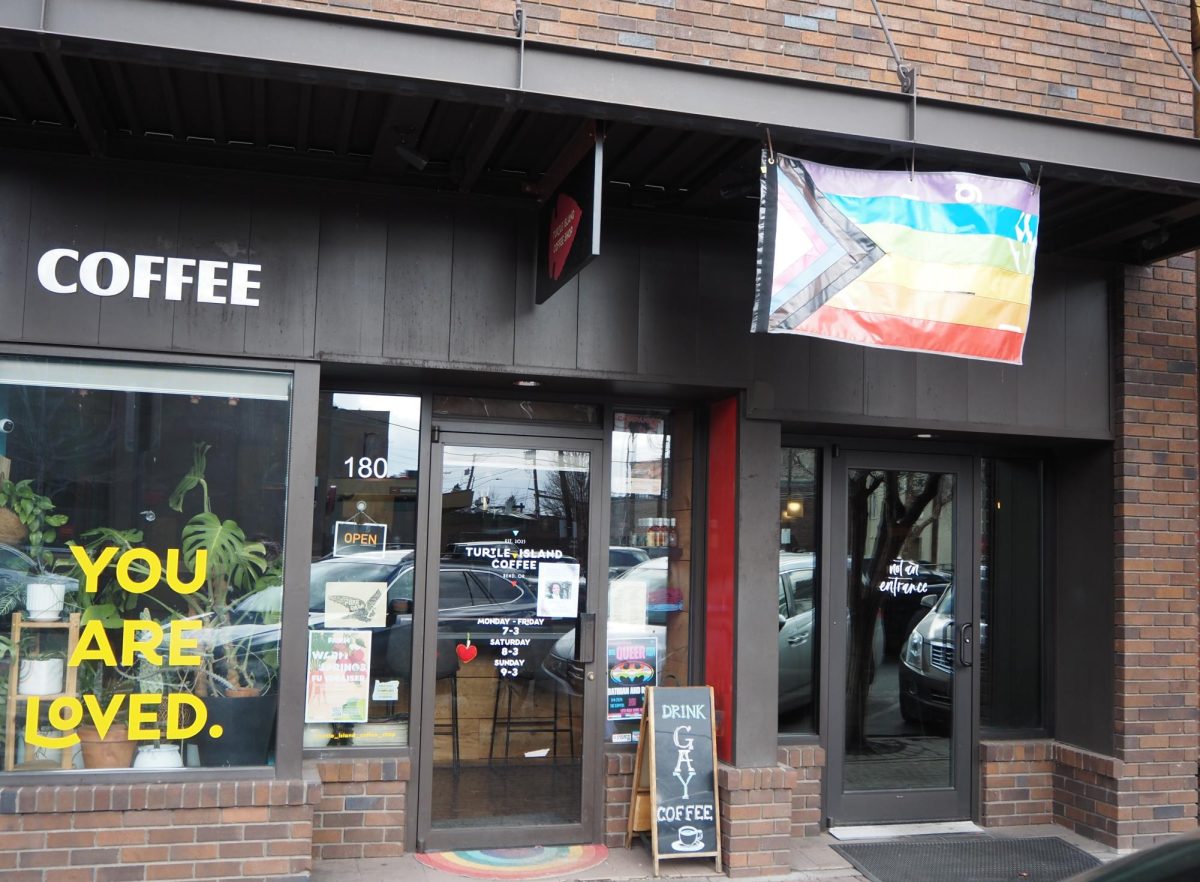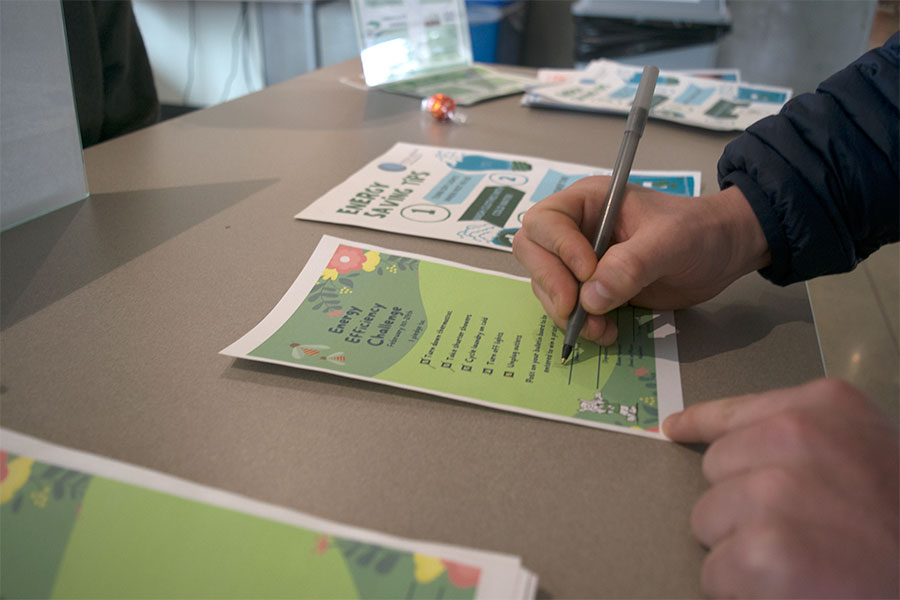Where does your food come from?

Students should be making an effort to buy local, believes Juli Huddleston, a nutritionist at Central Oregon Community College.
“Beyond just nutrition, it’s supporting your local economy,” Huddleston said.
Buying locally grown products supports farms and keeps consumer money circulating through the economy, which is important for a community, according to Katrina Van Dis, the program coordinator for Central Oregon Intergovernmental Council.
“For every dollar you spend, 75 cents stays local when you buy a local product,” Van Dis said.
There are also considerable health benefits to eating food that hasn’t been shipped from other areas, according to Van Dis.
“Locally grown [food] is better for your body,” she said. “The reason is, shipped food has to be picked before it is actually ripe.”
However, local food can be more expensive from some venues, which makes it difficult to afford on a student budget. Huddleston believes there are ways for students to get around the price and afford to eat locally.
“The number one cheapest way is to have your own garden,” Huddleston said. “Kale and tomatoes can be grown inside.”
Any food can be grown locally, Huddleston explained, as long as you have a greenhouse and become familiar with the care of that particular crop.
For students who lack the time or ability to grow their own food, there are other options, according to Van Dis.
“The best bang for your buck is to get a Community Supported Agriculture share,” she said.CSAs are shares that can be purchased from local farmers. They typically cost between $16 and $25, and ensure the buyer a basket of whatever product is being grown at the time. A $16 share will typically last an individual one week, according to Van Dis.
Another way for college students to afford eating locally is to stock up on produce during the seasons and preserve it for later use.
“Try to preserve them when you find a good deal,” Huddleston said, “so you can have them through the winter when there isn’t as much variety.”
From a nutrition standpoint, Huddleston said that not all locally grown food is healthier; it largely depends on soil content and agricultural practice.
“You have less chance of pesticides and chemicals. Most farmers from this area have sound agricultural practice,” Huddleston said about buying local.
“The more [consumers] demand, the more is grown,” Huddleston said, “the cheaper it will be.”
Where to buy local food:
Online at AgriculturalConnections.com
Bend – Primal Cuts, Newport Market, Whole Foods, and Safeway.
Redmond – Schoolhouse Produce.
Sisters – Melvin’s Street Market.
Prineville – Rays.
Madras – Good Earth.
Shop farmer’s markets during the summer.
–Kaycee Robinson
The Broadside
(Contact: [email protected])











Sri • Sep 4, 2015 at 2:43 pm
Being a Knox County Young Republican I can testify to Brian’s spuport while he was County Chairman and his continued spuport of our group post County Chair has been greatly appreciated. The blogger forum was an informative event. I enjoyed hearing everyone’s comments and perspectives on the blogging scene.
Sri • Sep 4, 2015 at 2:43 pm
Being a Knox County Young Republican I can testify to Brian’s spuport while he was County Chairman and his continued spuport of our group post County Chair has been greatly appreciated. The blogger forum was an informative event. I enjoyed hearing everyone’s comments and perspectives on the blogging scene.